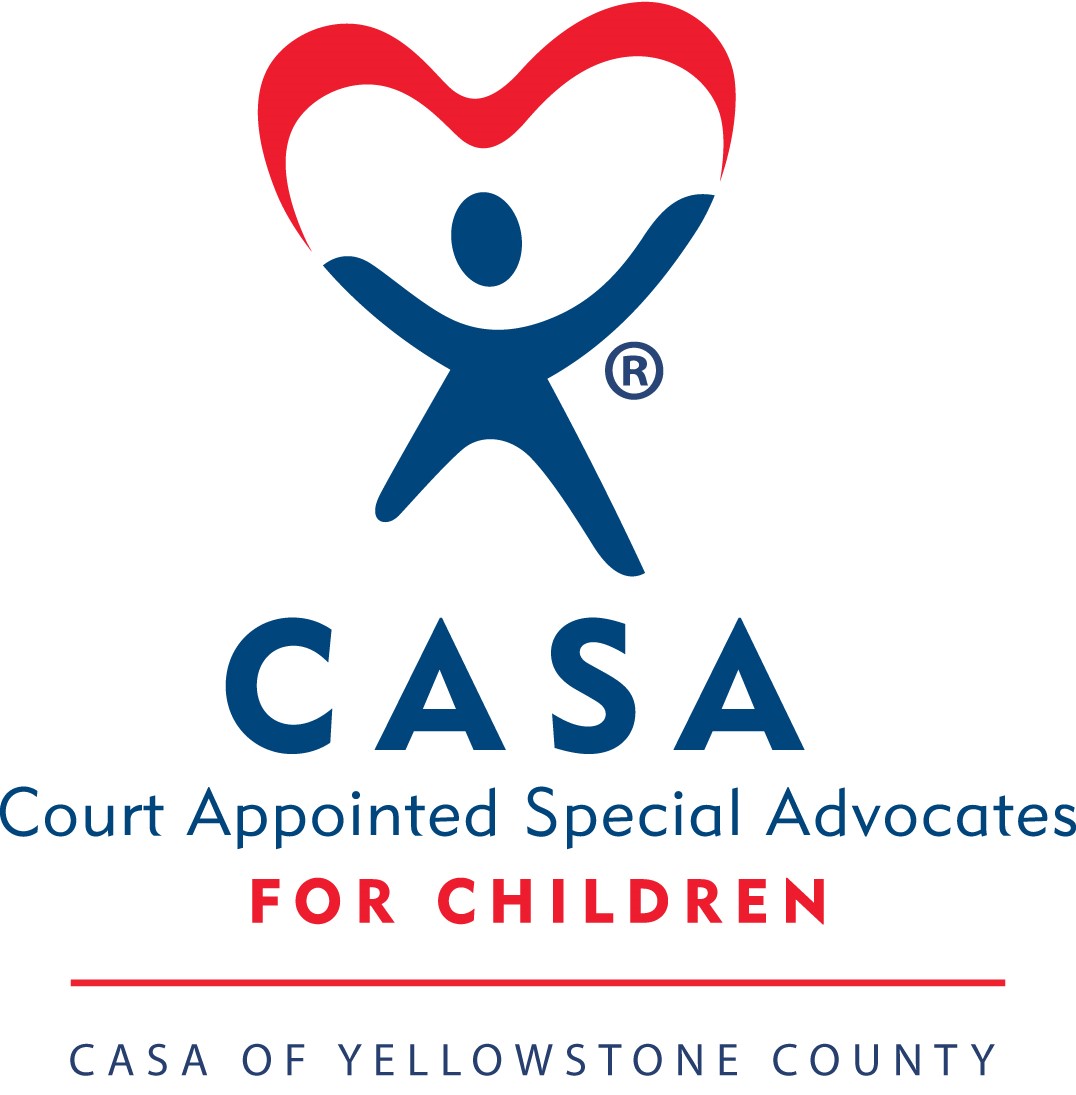
Pixabay
“Oh, so you’re a CASA? So that means….”
And so often begins a conversation in which I have the privilege of blowing away all kinds of myths about what we do here at CASA of Yellowstone County. Even though different CASA programs across the country vary bit by bit, there are still a lot of misconceptions in our community about just what CASA of Yellowstone County does! Here are some of the myths I’ve come across and the facts I’ve been able to share with people who could use a little correction in their understanding of CASA of Yellowstone County.

Ba Phi
Myth #1: CASAs represent kids in divorce/custody issues.
Fact: CASA of Yellowstone County only works with kids who are involved in the foster care system through Child & Family Services (often called CPS). We do not legally represent anyone in court, but we are the voice of the child in the courtroom and speak to the child’s wishes and best interests, advocating for his or her safety. In this way, Court Appointed Special Advocates (CASAs) are different from attorney guardians ad litem (GALs), who represent the interests of the child from a legal perspective.

Juan Pablo Arenas
Myth #2: CASAs can advocate for any child who is living in our community.
Fact: At CASA of Yellowstone County, we advocate for kids who have an open case with the local CPS office. While we recognize that there are a lot of children and youth who could use an advocate or mentor, we are unable to fill that role. On the other hand, if a child has a CPS case that originated in another county but the child happens to be placed in Yellowstone County, we are unable to serve as that child’s CASA. This is because the child is under the jurisdiction of the county where s/he was removed, and CASA of Yellowstone County operates under an agreement with Yellowstone County.

Pixabay Pexels
Myth #3: CASAs advocate for foster parents who want to adopt their foster kids.
Fact: CASAs advocate for the child, not the adult. Even though it is sometimes clear that a child will be safest and happiest in one particular home, the focus of the CASA is always on what is best for the child—not on what the adults want! And CASAs don’t just advocate for placement. Advocacy can include addressing children’s educational, developmental, medical, and social needs.

Jopwell
Myth #4: CASAs are just like social workers.
Fact: While Court Appointed Special Advocates work with kids in the foster care system, they do not fill the same role as CPS, social workers, or case workers. CASAs cannot authorize medical services for CASA kids or investigate abuse or neglect allegations. (If you experience a medical emergency, please call 911. To report suspected abuse or neglect of a child, please call Child & Family Services Centralized Intake at 866-820-5437.)

Pixabay
Myth #5: CASAs are paid for their advocacy work.
Fact: CASAs are volunteers. While some CASAs work in professions that involve kids, whenever they’re wearing their Court Appointed Special Advocate hats, they are donating their time and energy.

Pixabay Pexels
Myth #6: CASAs work for a little while with each child, then move on to other kids after a month or two.
Fact: CASAs are often the one constant for the child in the foster system. While we are thankful that some cases end and the kids are placed in a safe, permanent home quickly, that doesn’t always happen. The average length of time that a CASA case lasts is 18-24 months, and CASAs are asked to stick with their kids for as long as their cases last. A CASA case includes all the siblings in one family, so Court Appointed Special Advocates can serve more than one child at a time.

Negative Space
Myth #7: CASAs are a lot like Big Brothers and Big Sisters, taking their CASA kids on outings in the community.
Fact: It is the policy of CASA of Yellowstone County that CASAs do not transport their CASA kids or supervise them alone. This helps the CASA remain the independent voice of the child and not become a service provider or an arm of CPS.

Pixabay
Myth #8: CASAs must have a lot of time on their hands.
Fact: CASAs are adults who are at various stages in their professional lives. We have actively practicing medical professionals and stay-at-home parents, college students and retirees, folks between jobs as well as business owners. Yellowstone County’s diverse population of children in foster care deserve and benefit from a corps of highly trained volunteer advocates from diverse socioeconomic and cultural backgrounds.

Myth #9: I haven’t seen any of your billboards in a while, so you must not need any more CASAs.
Fact: We always welcome more CASAs! Just because you don’t see or hear any current advertising, doesn’t mean we don’t want to hear from you! We have several rounds of pre-service training for CASAs every year and are always eager to hear from anyone who might be considering CASA of Yellowstone County as a volunteer opportunity.

Cytonn Photography
Myth #10: If I were a CASA, I would become too attached to the kids. So there’s nothing I can do to help kids in foster care.
Fact: We know that being a CASA is not for everyone! But there are still plenty of ways you can join CASA in bringing quality advocacy to kids in our community. You can make a financial donation to help us recruit and train new CASAs to serve more children in foster care. Or you can help us spread the word about CASA by hosting a CASA presentation at your work, civic, or faith organization. Please call us at 406-259-1233 or email ben@yellowstonecasa.org for more details.
Ashley Milsop is a Program Coordinator for CASA of Yellowstone County.





